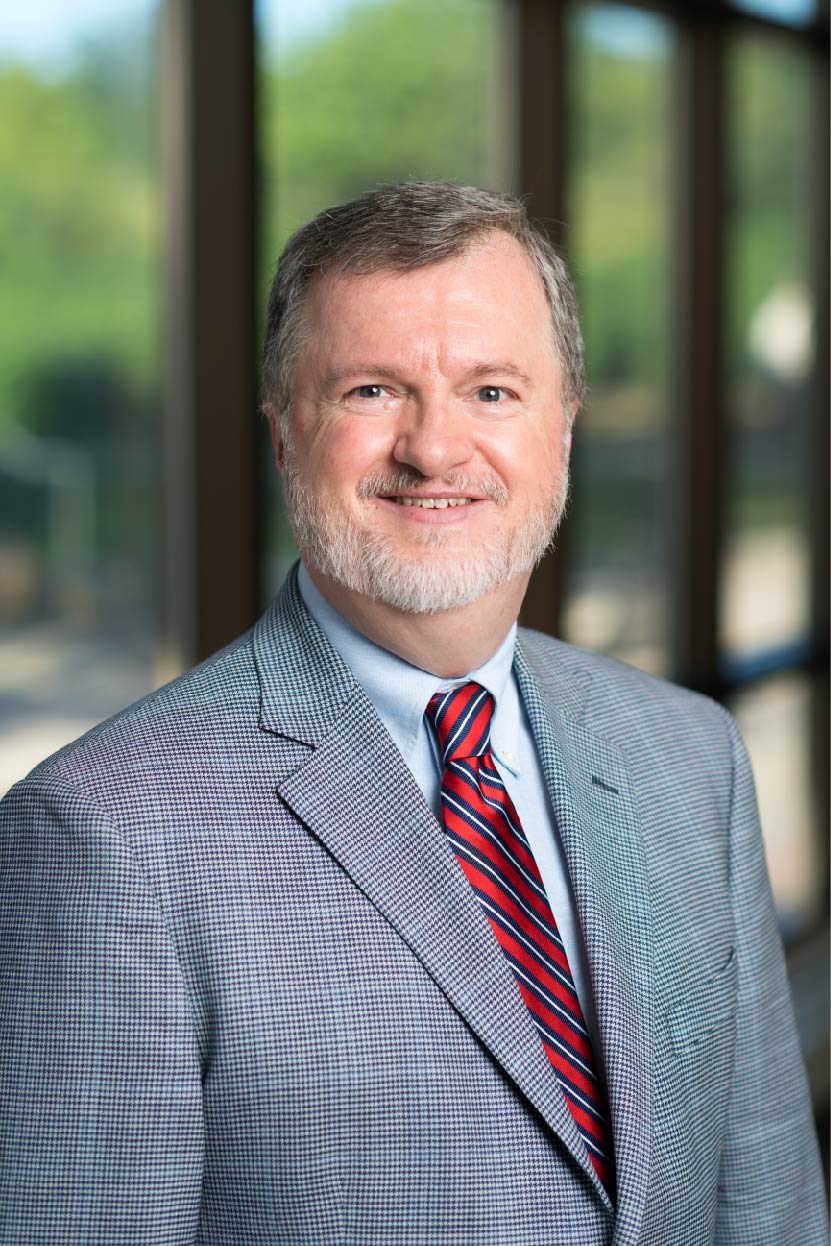
Source: Michigan Medicine Headlines
By Frederic C. Blow, Ph.D., director of the U-M Addiction Center
As we enter September, we celebrate the 32nd National Recovery Month — a time dedicated to both education and the celebration of triumphs over substance use and mental health disorders.
This year's theme resonates powerfully: “Recovery is for Everyone: Every Individual, Every Family, Every Community.”
The path to substance use disorder recovery is both intricate and transformative. Recovery transcends the mere conquest of alcohol and drug addiction; it involves reclaiming lives, reconstructing relationships and embracing the promise of a brighter future.
This voyage requires a blend of recognition, expert guidance, unwavering determination and strategies that holistically address the physical, mental and emotional dimensions.
The phases of substance use disorder recovery
The initial phase of substance use disorder recovery centers around acknowledgment and acceptance. This pivotal step necessitates recognizing the presence of a challenge and acknowledging the necessity for change.
Following this is the stage of seeking assistance. This stage signifies a commitment to recovery, marking the shift from recognition to action. It equips individuals with the essential guidance and tools to navigate the path toward enduring recovery.
Empowering individuals to navigate the intricate facets of recovery increases their odds of triumphing over substance use disorder and embracing a life of vitality.
Diverse routes to recovery: An inclusive approach
It's imperative to understand that recovery isn't a one-size-fits-all journey.
Various paths lead to and sustain recovery.
Treatment-assisted recovery entails seeking support from health care professionals, therapists and licensed medical practitioners. This approach imparts invaluable insights, structured direction and evidence-based strategies.
Meanwhile, mutual aid groups like Alcoholics Anonymous (AA) and Narcotics Anonymous (NA) offer a sense of belonging, shared resilience and collective experiences that fortify one's commitment to sobriety.
Furthermore, personal supports such as spiritual guides, family members and mentors play pivotal roles in fostering a sense of community, offering encouragement and extending compassion to nurture individuals along their recovery journey.
Holistic strategies for recovery
Holistic approaches to addressing substance use disorder recognize the interconnectedness of physical, mental and emotional facets. These approaches provide a comprehensive and sustainable roadmap to recovery.
For those seeking treatment-assisted recovery, engaging with therapists, counselors and medical experts can occur within inpatient (dedicated facilities for addiction recovery) or outpatient programs (flexible options for those juggling work or family obligations).
These programs typically encompass a range of holistic techniques. However, each person's recovery journey is unique and valid, tailored to their specific needs, the severity of their addiction and individual circumstances.
Here are examples of holistic strategies:
- Dual diagnosis treatment: Often, substance use disorder co-occurs with mental health conditions. Dual diagnosis treatment delivers integrated care for both, recognizing their interplay and comprehensively addressing them.
- Medical detox and medication-assisted treatment (MAT): Safe detoxification, overseen by medical professionals, eases withdrawal challenges. MAT utilizes medications like methadone or buprenorphine to mitigate cravings and withdrawal discomfort.
- Therapies and counseling: Evidence-based approaches such as cognitive-behavioral therapy (CBT), dialectical behavior therapy (DBT) and motivational interviewing instill coping skills, trigger management and foster healthy thought patterns.
- Nutrition and exercise: A balanced diet and regular physical activity bolster overall well-being, facilitating physical healing, mood enhancement and the cultivation of healthier lifestyle habits.
- Mindfulness and meditation: Mindfulness techniques cultivate awareness, stress reduction and emotional regulation, particularly effective for managing cravings and staying present in recovery.
- Peer support and mutual aid: Connecting with those with shared experiences, be it through peer support or groups like Alcoholics Anonymous, provides invaluable social reinforcement and a sense of belonging.
- Involvement of family: Integrating families into therapy repairs relationships, educates about addiction and establishes a robust support network.
- Life skills training: Equipping individuals with practical skills like budgeting and problem-solving readies them for independent living, minimizing relapse risks.
Seeking recovery from substance use disorders empowers individuals to shatter destructive cycles, regain control over their lives, and make positive contributions to personal and societal realms. By eradicating the stigma around addiction, fostering understanding and cultivating a supportive atmosphere, we inspire individuals to seek aid, commence their recovery journey with bravery and attain enduring well-being.
If you or a loved one would like more information about recovery, please visit the U-M Addiction Center’s Resource Guide or dial 988 for immediate help.




